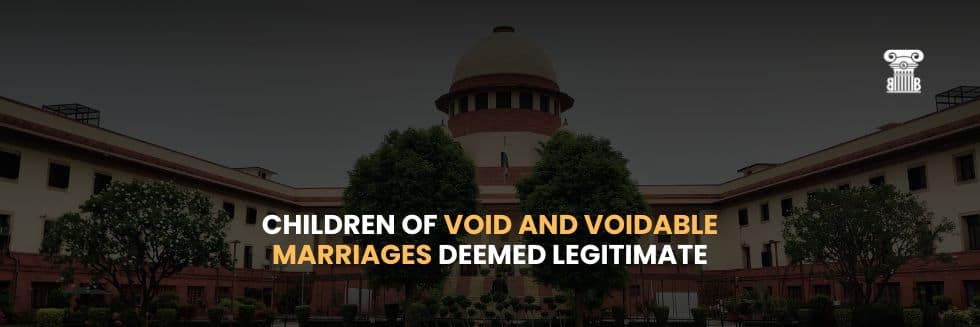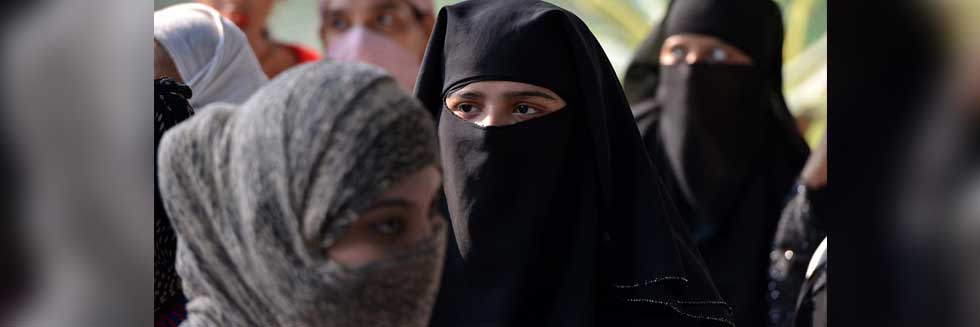In a recent landmark judgment, the Supreme Court of India has ruled that children born from void and voidable marriages are to be recognized as legitimate. This ruling also grants them the right to inherit property from their common ancestors.
The case in question, Raja Gounder & Ors. V. M. Sengodan & Ors., revolved around the issue of inheritance rights of children born out of void and voidable marriages. The common ancestor in this case was Muthusamy Gounder, who passed away in 1982. Gounder had been married thrice, with two of these marriages later being declared void. He had four sons and one daughter from these marriages, to whom he had divided and allotted his property according to the law.
The case was initially brought before the Trial Court by a son from a legitimate marriage, who filed a suit for partition. The Trial Court ruled in favor of the legitimate child, decreeing the suit for partition. This decision was challenged by the children of the void marriages, who appealed to the High Court of Judicature at Madras. The High Court upheld the Trial Court’s decision in all respects.
Dissatisfied with the High Court’s ruling, the children of the void marriages appealed to the Supreme Court. The Supreme Court allowed the appeal, overturning the decisions of the lower courts.
The Supreme Court bench, consisting of Justices MM Sundresh and SVN Bhatti, made several key observations during the case. They noted that if the common ancestor had acknowledged the children of void and voidable marriages as his legitimate offspring, then these children should have the same inheritance rights as those born from a valid marriage. The court further stated that the children of void marriages should be considered successors to Muthusamy Gounder’s property, and the division of shares should be adjusted accordingly.
This case brings into focus the legal provisions regarding the legitimacy of children, as outlined in Section 16 of the Hindu Marriage Act, 1955 (HMA). This section provides special provisions for the legitimacy of children born from both void and voidable marriages. It asserts that any child from a marriage that is null and void under section 11, who would have been legitimate if the marriage had been valid, is to be considered legitimate. This applies regardless of whether the child was born before or after the commencement of the Marriage Laws (Amendment) Act, 1976, and irrespective of whether a decree of nullity is granted for the marriage under this Act.
The section also states that if a decree of nullity is granted for a voidable marriage under section 12, any child conceived or born before the decree is made, who would have been the legitimate child of the married couple if the marriage had been dissolved instead of annulled, is to be deemed their legitimate child, notwithstanding the decree of nullity.
However, the Act clarifies that these provisions do not confer any rights to the property of any person other than the parents on any child of a marriage that is null and void or annulled by a decree of nullity under section 12. This applies in cases where, without the passing of this Act, such a child would have been incapable of possessing or acquiring any such rights due to not being the legitimate child of their parents.






